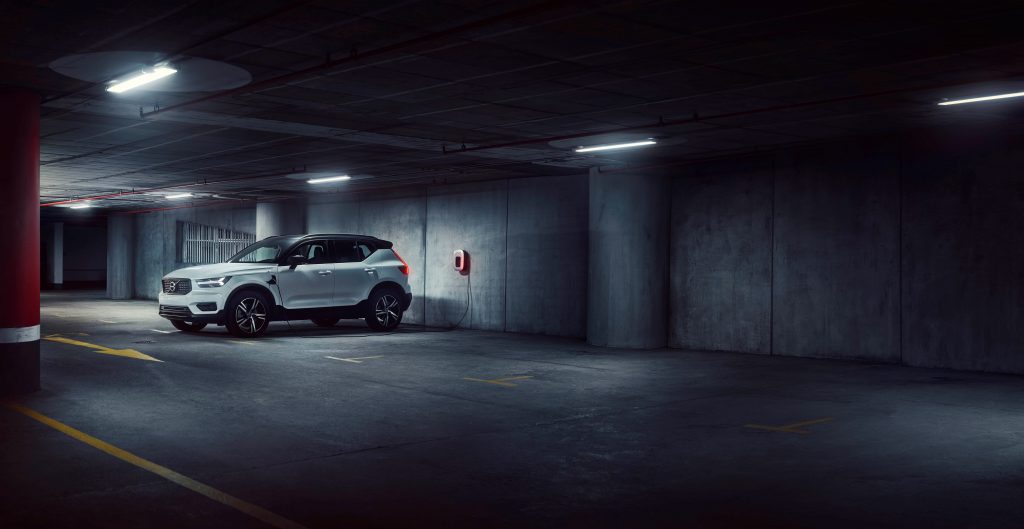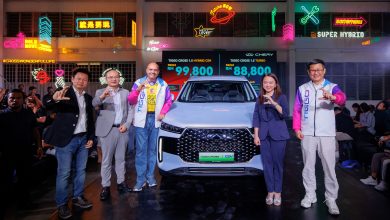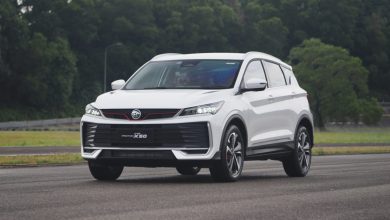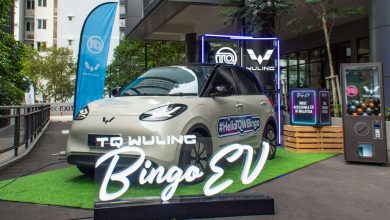Volvo Achieves Record Half Year In Sales This Past 6 Months
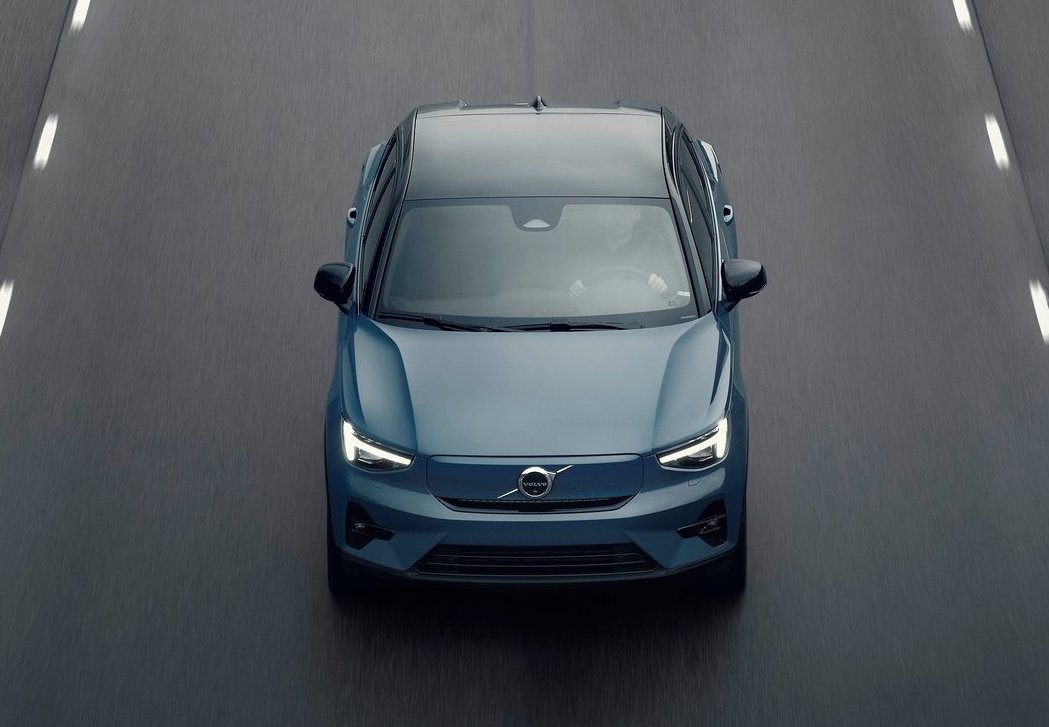
Operating profit for Volvo Cars are the best in its 94-year history too.
2021 has been fantastic for Volvo so far, as it reported recently that it has achieved the best-ever half-year in sales in the first half of this year. Increasing demand for its cars across all regions have also saw the Scandinavian automaker announce its highest-ever biannual operating profit during this period too.
Now delving further into the details, Volvo sales in the first half of 2021 rebounded by some 41% when compared to the pandemic-affected period last year. Perhaps more impressively though is that the number of cars by the Swedish automaker sold in the first six months of this year is 12% up from the same time in 2019, when coronavirus wasn’t yet a thing.
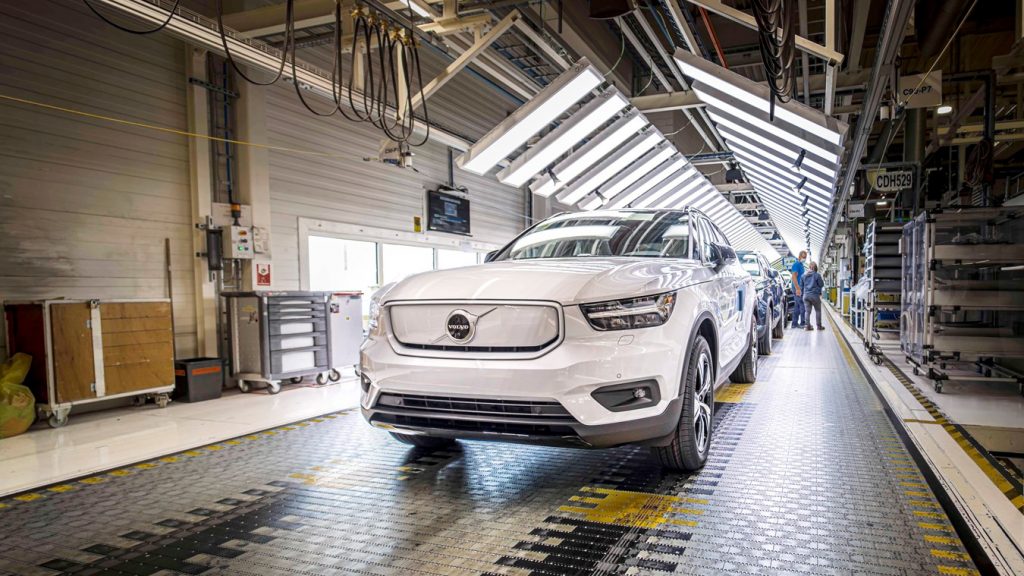
Volvo has recorded rolling sales volume of approximately 775,000 units over the last 12 months, which is apparently just shy of the 800,000 target it had set a decade ago. Most of those over three-quarter-of-a-million cars shifted are electrified — by way of fully electric or plug in hybrid — to some extent too, with the automaker proudly touting that it currently has the ‘highest electrification share as a proportion of total sales among traditional car makers’ at 25% of its current global sales.
Continuing on the topic of where Volvo is currently leading among traditional car makers, the Swedish automaker has recently announced that its Care by Volvo in-house subscription service has seen a fivefold increase in the first six months of the year with over 10,000 contracts signed. This first half of this year saw Volvo launching its second all-electric model in the form of its new C40 Recharge too, as well as signing partnerships with Northvolt for joint development and manufacturing of its next-gen battery cells.
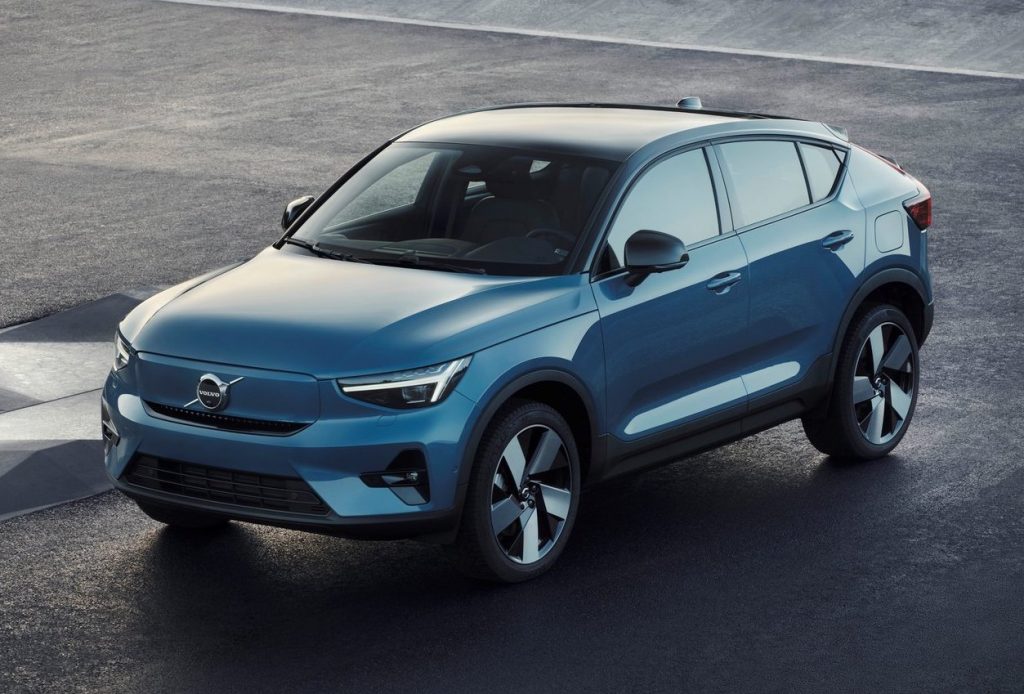
Speaking more on industry news involving Volvo in recent times meanwhile, the Swedish automaker has finally completed the merger of its internal combustion engine powertrain operations with Geely into one single unit in June. Dubbed Aurobay, this new joint-venture therefore supposedly allows Volvo to focus purely on EV development moving forward, in preparation for its all-electric lineup by 2030.
Discussing further on developments occurring closer in the future on the other hand, Volvo expects its sales and profits to be flat for the second half of 2021. Though this is not for a lack of customer demand, but instead due to the dreaded ongoing semiconductor shortage that is currently threatening auto production across the industry.
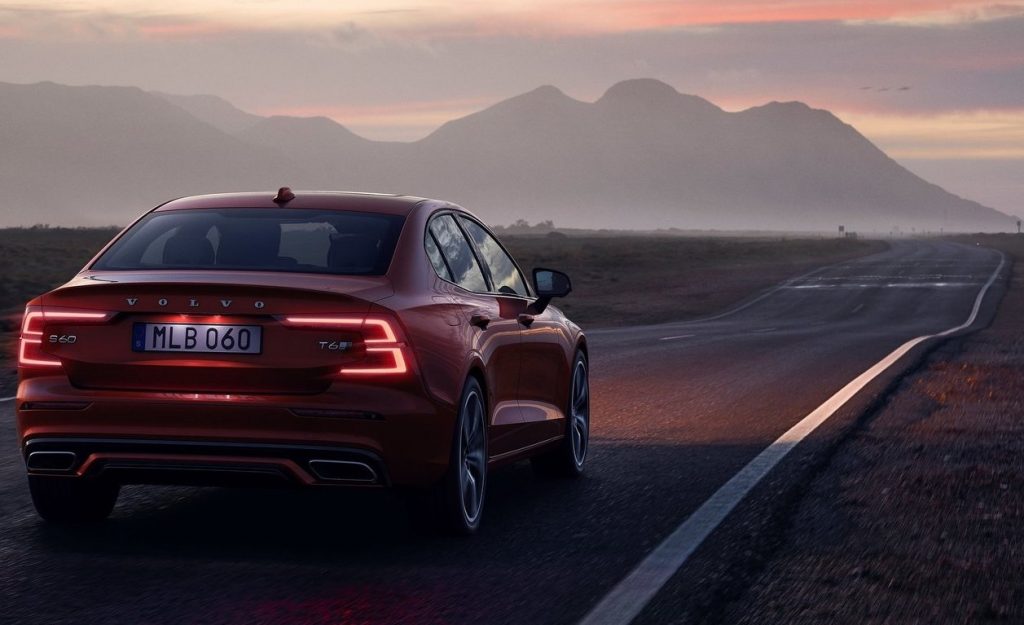
PRESS RELEASE: Volvo Cars today reported the best half-year results in terms of sales and operating profit in its 94-year history amid increasing demand for its cars across all regions.
The half-year financial report, which can be found here, showed the company achieved a revenue of 141 billion SEK, up 26 per cent, driven by strong demand and positive mix effects. Operating income was 13 billion SEK in the first six months of 2021, representing an operating margin of 9.4 per cent.
Sales volumes rebounded 41 per cent compared to the pandemic-affected period in 2020, but the company also saw strong growth of 12 per cent compared to the first six months of 2019, a more relevant comparison without the pandemic disruption. The 12-month rolling sales volume is approximately 775,000 cars, just shy of the 800,000 target set 10 years ago.
“The company continued to grow strongly despite the industry-wide semiconductor shortage, but more importantly, we demonstrated that we are a leader of the ongoing transformation in the automotive industry,” said Håkan Samuelsson, chief executive of Volvo Cars.
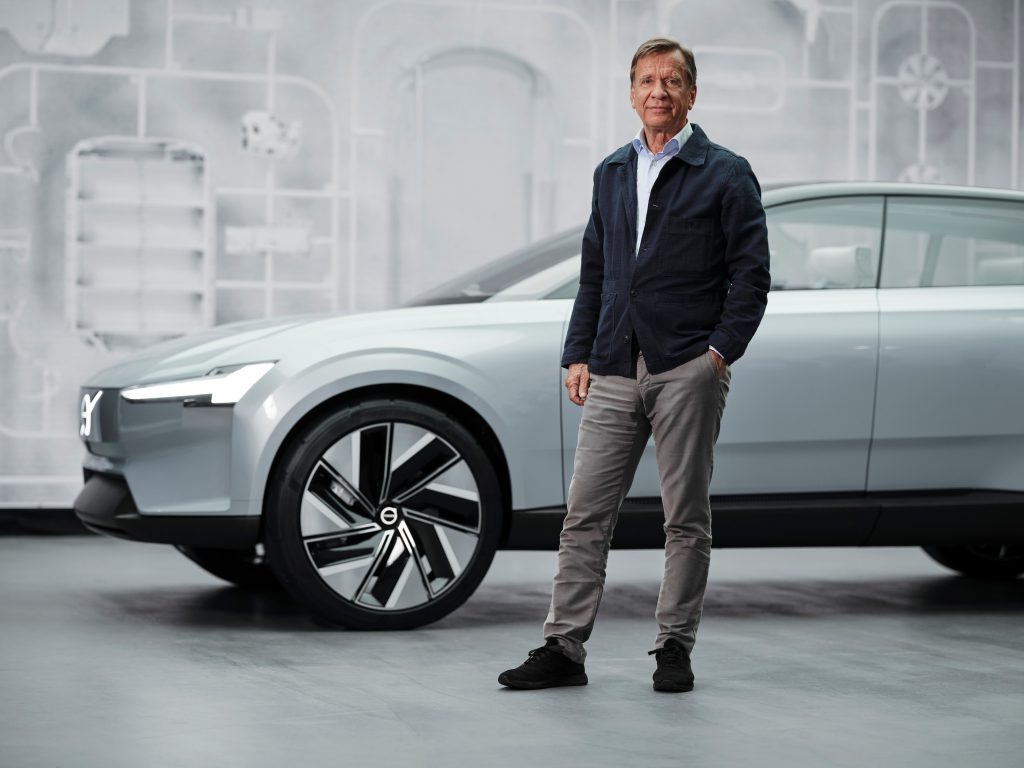
Volvo Cars aims to become the fastest transforming company in the sector and to be fully electric by 2030.
The appeal of Volvo’s electric cars was demonstrated in the first half by the demand for its Recharge models. Sales of both its fully electric and plug-in hybrid cars grew significantly, now making up 25 per cent of the global volume. This is the highest electrification share as a proportion of total sales among traditional car makers.
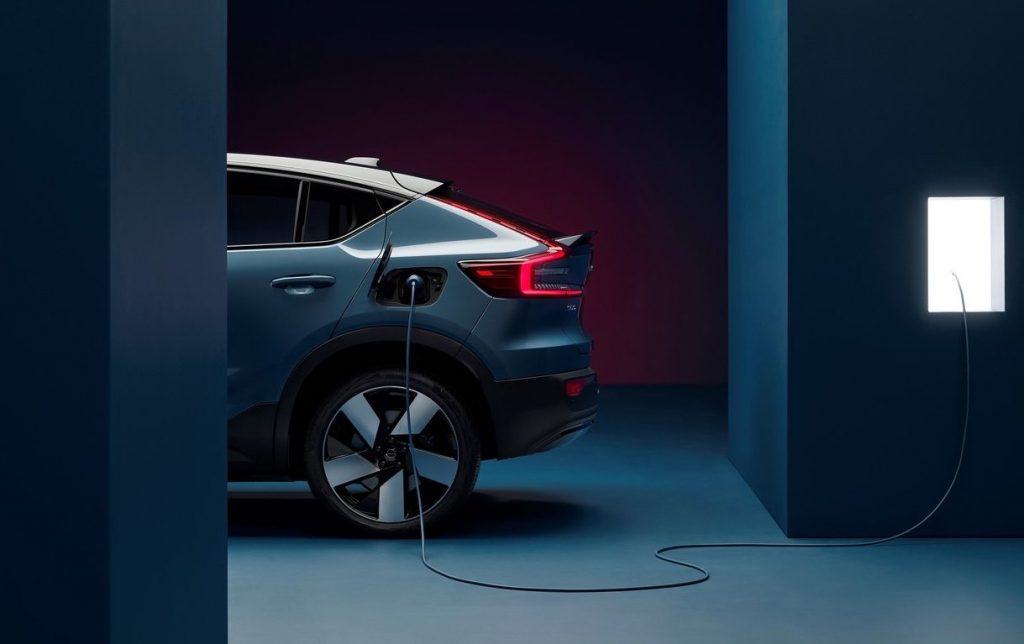
As part of the move towards full electrification, we launched our second fully electric model, the Volvo C40 Recharge. At the same time, we firmed up our strategy of online sales to meet changing consumer behaviour. From now on, all fully electric models will be available exclusively through volvocars.com, and customers can order at their place of preference; from their home, at a Volvo studio, or together with a retailer. We are now operational with online sales in several markets, with transparent and flexible consumer offerings including care packages of service, wear and tear as well as insurance. Volvo Cars’ subscription offering, Care by Volvo, had a fivefold increase in the first six months to over 10,000 contracts.
Securing sustainable batteries is key for Volvo Cars’ transformation. The company is therefore planning to join forces with Northvolt as a strategic partner for joint development and manufacturing of next generation battery cells.
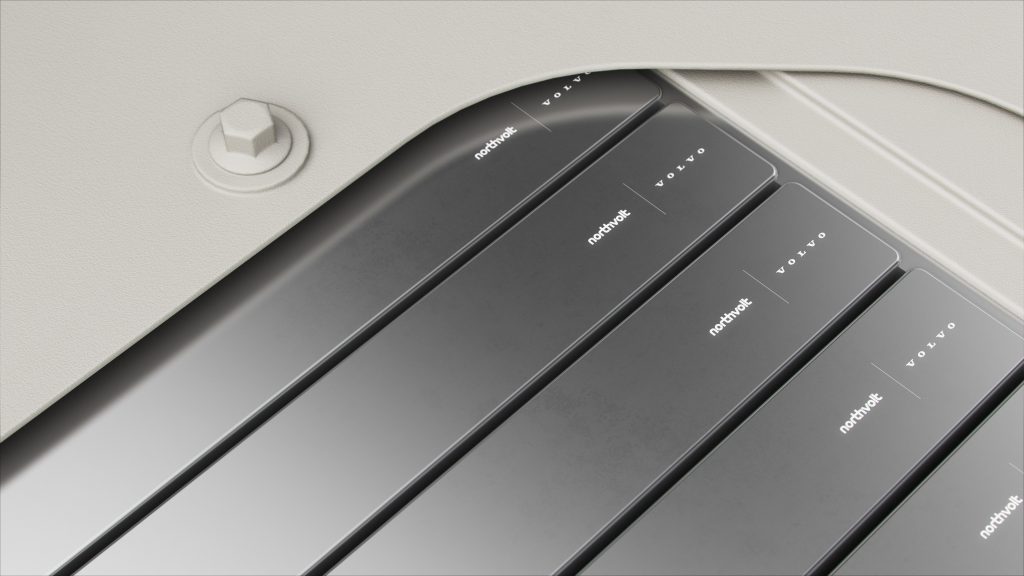
To ensure focus on electrification, Volvo Cars is carving out its internal combustion engine operations into a new unit, Aurobay, in which Geely Holding will be a main shareholder. Through Aurobay, Volvo Cars will realise synergies as well as secure a supply of competitive combustion engines for its hybrid powertrains until the company is fully electric.
“Volvo Cars has a decade-long track record of successful transformation. The car industry is changing more than ever, and we have a strong determination to be the fastest transformer,” said Håkan Samuelsson.
In May, the Board announced that it is evaluating a possible initial public offering (IPO) on Nasdaq Stockholm. The evaluation process continues.
Looking at the remaining half year, Volvo Cars reiterates its full-year outlook. Unless supply of semiconductors improves, the company expects flat sales and revenue for the second half year, compared with the same period last year, despite strong customer demand.
